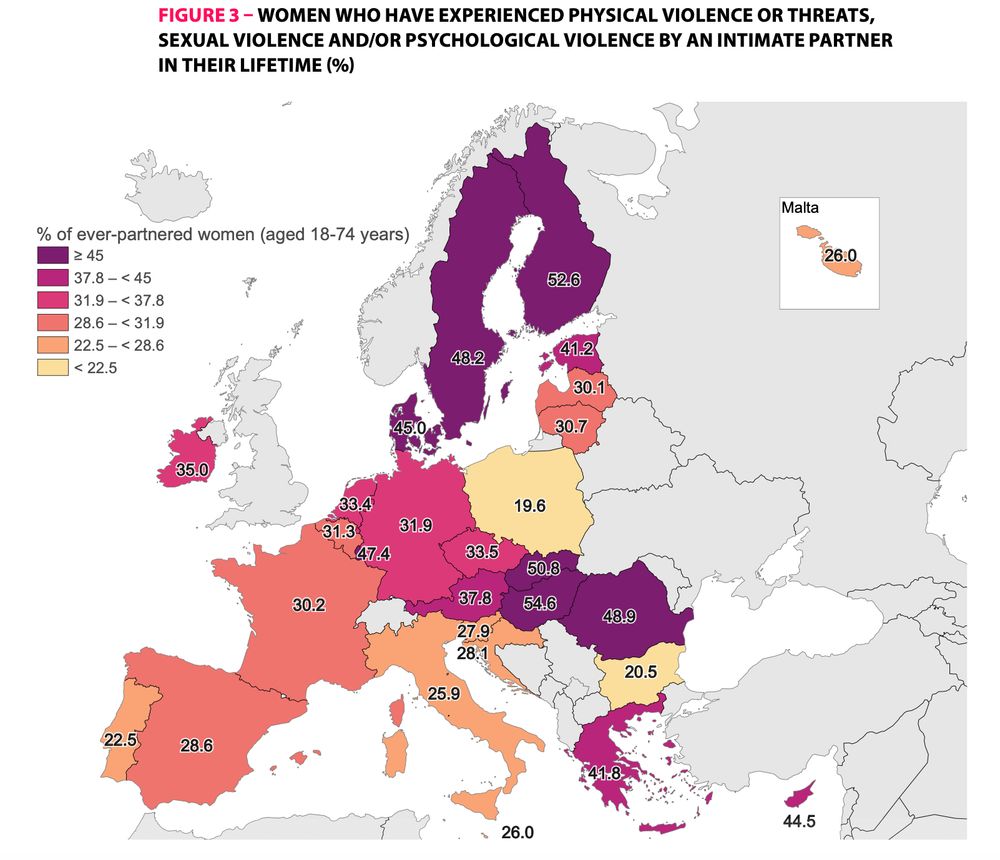@cep-lse.bsky.social. Working on research in domestic abuse, gender economics and political economy. She/her.
https://sites.google.com/site/riaivandic/





Link to paper: www.journals.uchicago.edu/doi/10.1086/...

Link to paper: www.journals.uchicago.edu/doi/10.1086/...


